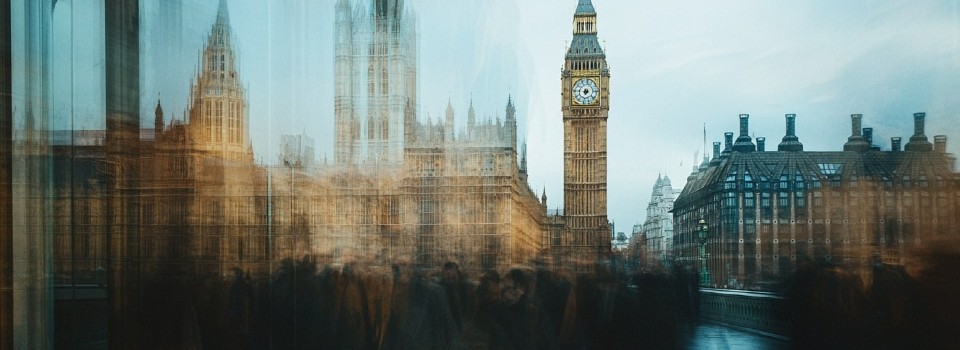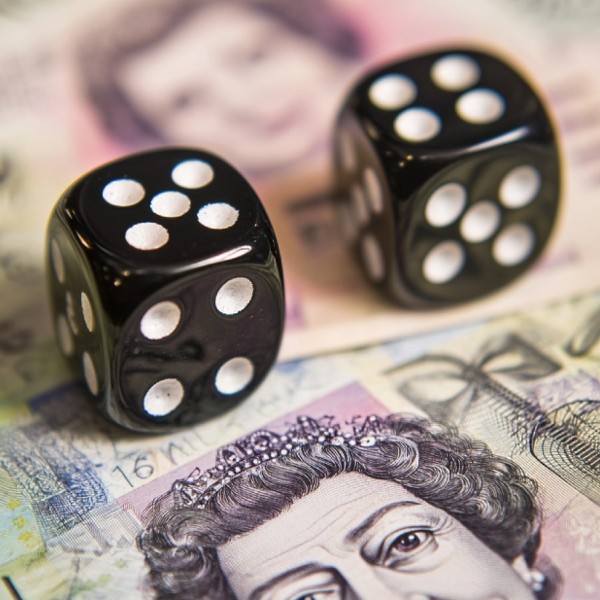Key Takeaways 💬
- Recent government budget changes looked to raise taxes in the UK gambling industry but it remained unscathed.
- Chancellor Rachel Reeves did not move to tax the UK gambling industry further.
- It keeps its tiered system of taxing between 15-50% for land-based casinos and 21% for gambling remotely.
Chancellor Rachel Reeves presented the first Budget Statement by a female chancellor last week, and notably she did not seek to fill a government black hole with funds from the gambling industry.
The statement initially addressed the fact that the government needed to find £40 billion to secure the UK’s economy with creative ideas for taxation.
Calls for Increased Taxes on Online Gambling
In the weeks prior to the Budget, numerous think tanks had called for an increase in taxes, including the Institute for Public Policy Research (IPPR) and the Social Market Foundation (SMF), who urged the Treasury to double the taxes on online gambling activities from 21% up to 42% in an effort to raise £1 billion each year.
The SMF claimed that “over half of Britons support increasing tax on online gambling,” while the IPPR recommended doubling taxes on “high-risk gambling segments.”
Reeves did not move to tax the UK gambling industry further. It keeps its tiered system of taxing between 15-50% for land-based casinos and 21% for gambling remotely.
Instead, there were taxes imposed on sugary drinks as well as vaping oils and private jets, while alcohol duties remain the same.

Key Budget Changes
Our new Chancellor’s key changes will see the national insurance threshold for UK businesses drop to £5,000 which is a measure the Treasury acknowledges as “unpopular”. However, it could raise £20 billion for the economy.
There will also be higher capital gains taxes on investments and property, with the lower rate moving from 10% to 18%, and the higher rate from 20% to 24%.
The Budget document did address the UK gambling industry but only to state that “The Gross Gaming Yield bandings for gaming duty will be frozen from 1 April 2025 until 31 March 2026.”
There was also a promise to revisit the issue as the government announced plans to “consult next year on proposals to bring remote gambling (including internet, telephone, TV, and radio) under a single tax structure, rather than the current three-tax system.” Their goal is to simplify the current system.
Betting and Gaming Council (BGC) CEO Grainne Hurst spoke positively about the changes: “We welcome today’s budget and its commitment to not increase gambling duties on the regulated betting and gaming sector.”

